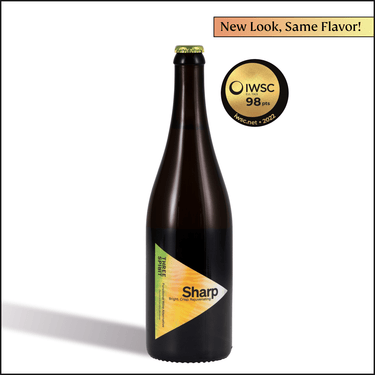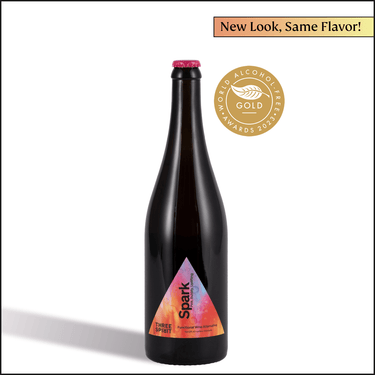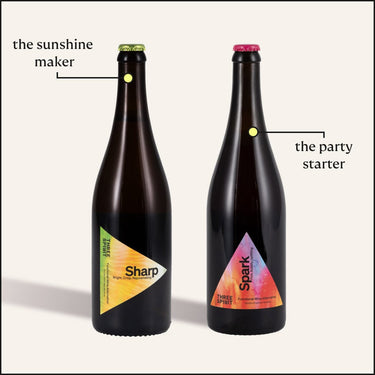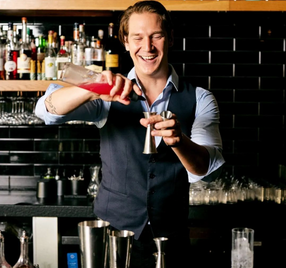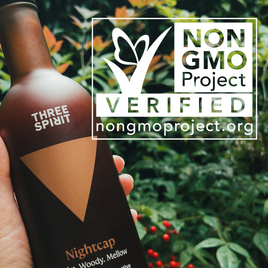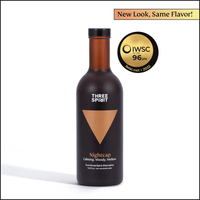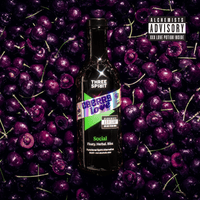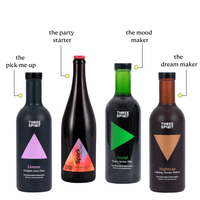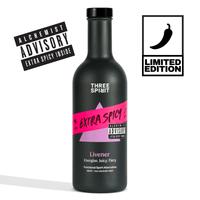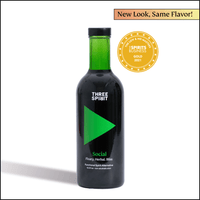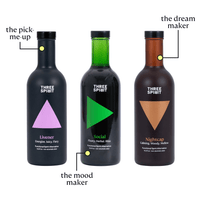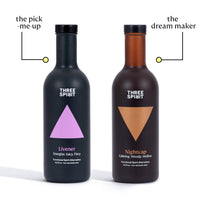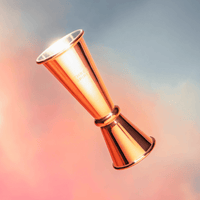How did Modal Wines come about?
I founded Modal Wines in early 2017, it was a leap of faith into a world for which I had a deep passion yet zero contacts. I was still working in the music industry at the time and juggling both before making the switch full-time in mid 2019 and never looking back.
What makes a Modal Wine? What do you look for in a wine?
First and foremost we are a farming-led importer. Every single grower on our list farms beyond the standards of organic viticulture. In the cellar we favour a less-is-more approach though never at the expense of fruit purity or stability. 'Purity' is of course a subjective term and hard to describe from a personal standpoint - but for us, aside from things like oak / VA/ Brett masking the purity of fruit when out of balance, we favour a certain softness in the finish of a wine which tends to come from a very sparse use of sulphites, or none at all (when done skilfully).
What's your relationship like with your winemakers?
Before the wine is always the winemaker her/himself. We have to vibe with the person, our energies have to be aligned so to speak. We have passed on a few winemakers where we did not feel a connection despite their wines being excellent. We typically stay away from dogma.
Are there any specific regions you source from, and if so why?
We've never been region-specific. When I started the company I had five growers from five different countries. Today we work with 30+ producers from nine different countries all over the world. We are far too interested in every style of wine to place geographical limits on ourselves. Wonderful wines are made everywhere and it's our job to find the ones that truly stand out.
Is there a typical wine style you guys typically look for (dry, oaky, green, etc.)?
Not particularly. We pride ourselves on the diversity we are able to offer our customers, both in terms of regions and styles but also price points. We never sacrifice our ethos though, so as long as it is farmed correctly and made in the way we like, it can be a full bodied rustic Italian red or a zippy juicy Gamay from alpine vineyards, or a full on Slovenian orange wine or a light easy going fruity rosé... We can get behind most styles if the process behind it is honest, which is something that is generally easy to spot in the finished product.
What does low intervention mean?
A 'no intervention' wine does not exist. 'Low intervention' refers to doing the least possible in the winemaking process. Whilst the criteria for such a wine are very undefined and blurry, we consider it to be a wine that is made without the addition of yeasts/ enzymes/ fining agents/ etc and without any heavy handed processes that will shape the wine into something it does not want to be naturally.
What are your benefits of natural wine? (For the drinker and the producer)
The less additives it should in theory be better for you. That being said, alcohol is a toxin no matter how you look at it so one should always exercise moderation. If you are going to intoxicate yourself with this fascinating drink though, choosing a product that is made more honestly and with greater care for our planet will always benefit you, both in the short term and long term.
Why did you feel the need for a non-alc wine in your portfolio? Is Blurred Vines your first non-alc wine?
We've been keeping an eye on the non-alcoholic category for some time. We started to sell a truly wonderful grape juice back in 2019 from Nibiru, one of our Austrian growers. It's made from beautifully grown wine grapes and unfiltered with zero additives so a world apart from store bought grape juice. It has been a staple on our list ever since and made us realise the demand for a truly natural 'wine centric' non alcoholic offering. We then started to come across some boundary pushing 'alt wines' from a few European projects working with crazy fermentations and techniques though our aim was to find something ideally made in the UK. Blurred Vines hit the brief perfectly, and whilst they are not 'wines' they are our first such offering.
What first attracted you to Blurred Vines? What are the stand-out characteristics in Spark and Sharp for you both?
First and foremost they are both absolutely delicious... both aromatically complex, textured, crisp, and perfectly balanced. They are super clean and incredibly stable. What blows my mind is the flavour clarity. There are the result of so many ingredients and complex techniques and yet you can clearly taste most of the ingredients in a way where they fully complement each other yet stand out at the same time. When I first tasted the drinks I thought they were brilliant - however when I then came to find out the functions of all the botanicals used and how they affect and stimulate the drinker, I was hooked. Very much up my street. Last but not least, the way that they feature that little gentle kick of spice on the finish is genius. It slows down the drinker and makes one sip the drink rather than neck it... a nod to the wine drinking experience.
What foods would you pair with Spark and Sharp? Do you have specific holiday/seasonal flavours and food recommendations you could share?
Generally speaking though, I can see Sharp working well with lighter dishes, seafood, salads, as well as some fragrant asian dishes, whilst Spark would work brilliantly with earthier flavours such as mushrooms, root vegetables, various meats, indian food perhaps, and stews. But again... don't take wine and drink pairing too seriously. Well, unless you work in a fine dining pairing environment where pairings can be expertly tried and tested of course, in which case they can be truly brilliant.



